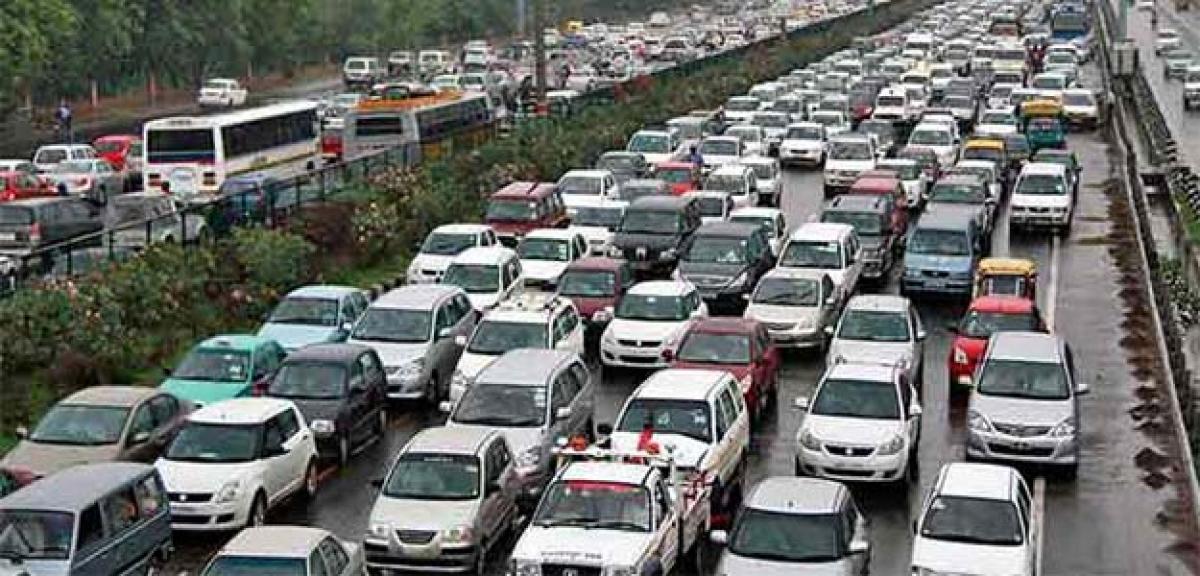Live
- RG Kar tragedy: CFSL reports suggest further probe to find whether rape & murder committed by only one or others involved
- PM Modi takes stock of 8 big infra projects worth Rs 1 lakh crore
- 98.5 pc land records digitised in rural areas, modernisation drive extended to 2026: Centre
- AP Sankranti Holidays 2025: Government Confirms Dates and Duration Amid Rumors
- I Must Have Been an Actor in My Past Life: Muralidhar Goud on His Passion for Cinema
- India's banking sector in robust health as NPAs fall and profits shoot up: Finance Ministry
- TG Indiramma Housing Scheme Delays: 8 Key Reasons Behind the Slow Progress of Indiramma House Survey
- Mangaluru Gears Up for Kambala
- Centre keen to promote traditional crop varieties for climate-resilient agriculture
- Activist Harassed and Attacked While Documenting Elephant’s Ordeal at Tamil Nadu Temple










